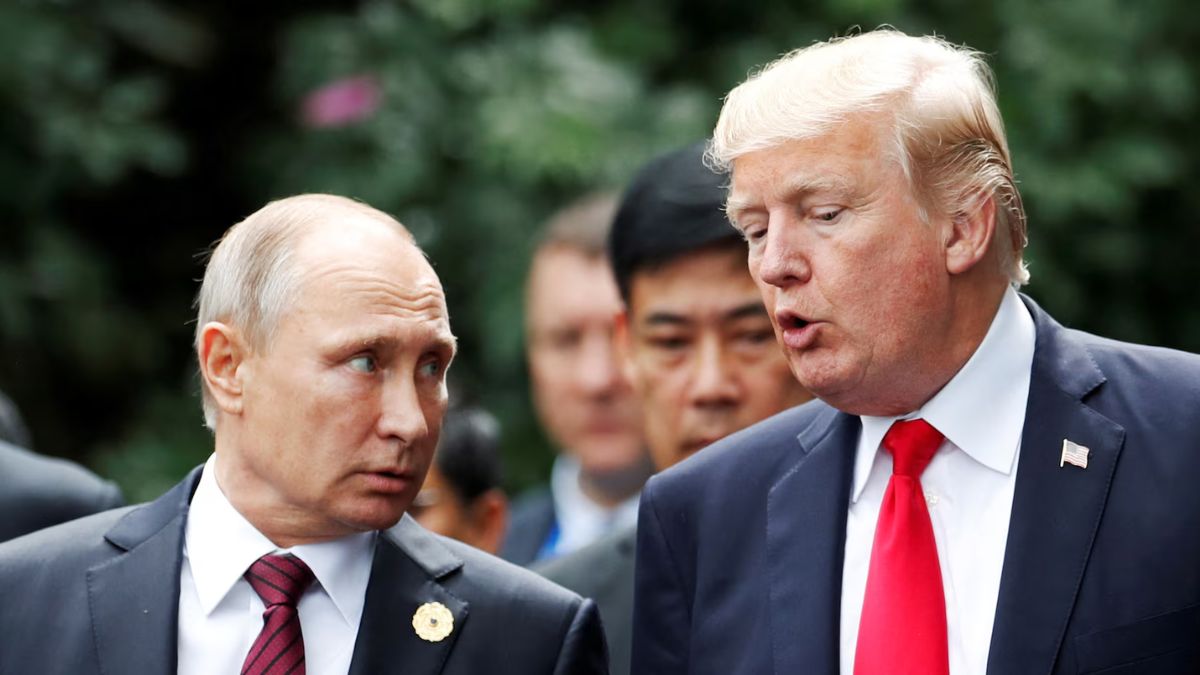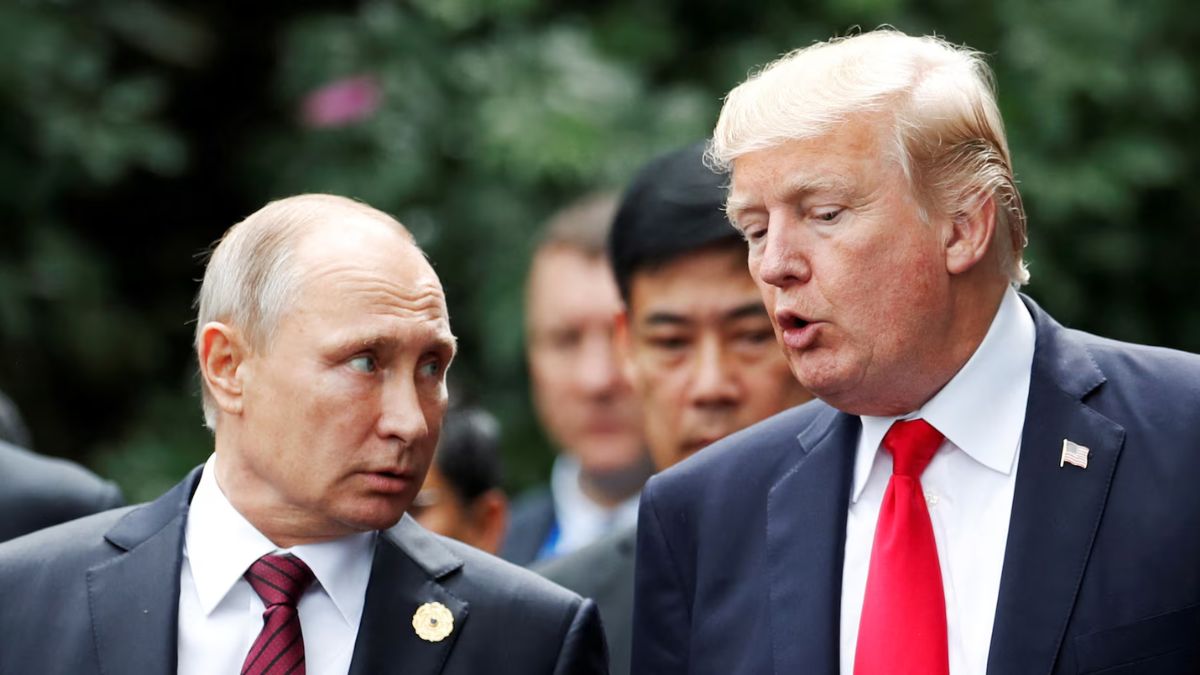On March 10, 2024, India and the European Free Trade Association (EFTA), which is composed of Switzerland, Norway, Liechtenstein, and Iceland, inked a Trade and Economic Partnership Agreement that contains a legally binding commitment to invest $100 billion.
In addition to relaxing regulations in order to foster trade in services and investments, two trading partners enter into an agreement that drastically minimises or eradicates tariffs on the maximum amount of goods transferred between them.
The historic agreement between India and the EFTA is anticipated to have a significant beneficial economic impact due to higher trade and investment flows, more robust and connected supply chains, and new business and individual opportunities on both sides.
Piyush Goyal, the Indian Minister of Commerce and Industry, Consumer Affairs, Food, Public Distribution, and Textiles; Guy Parmelin, the Swiss Federal Councillor and Head of the Federal Department of Economic Affairs, Education, and Research; Bjarni Benediktsson, the Icelandic Minister of Foreign Affairs; Dominique Hasler, the Liechtenstein Minister of Foreign Affairs; and Jan Christian Vestre, the Norwegian Minister of Trade and Industry, signed the EFTA-India Trade and Economic Partnership Agreement (TEPA).
Trade in commodities, rules of origin, trade in services, government procurement, investment promotion and cooperation, intellectual property rights (IPRs), technological trade obstacles, and trade facilitation are among the fourteen chapters that make up this agreement.
Impact Shorts
View AllIn order to strengthen their economic ties, India and the EFTA have been discussing a free trade agreement since January 2008. Beginning in 2008, there were thirteen rounds of discussions for this agreement until 2013. The negotiations restarted in October 2023 after an interim period, and the proceedings wrapped up promptly. The signing event was referred to as “a momentous occasion”.
Almost 16 years of arduous work, boundless enthusiasm, and great effort have culminated in the agreement. India’s agricultural exporters will benefit from liberalised trade regulations under the pact, including tariff discounts in the European Union. Professionals will be able to work throughout the EFTA area as well. The agreement addresses a few significant topics, including gender equity and intellectual property.
Additionally, Indian industry can access the EU market through the EFTA. Along with a commitment for audio-visual services like gaming and animation, it also includes tariff concessions on processed agricultural products from India, a seven-year elimination of duties on Swiss watches and chocolates, and cheaper machinery imports for India.
In the service industries of accounting, auditing, and law, EFTA countries have made major concessions.
However, some issues arise about the deal because it doesn’t address India’s concerns if the investment doesn’t work out. Given that, foreign direct investment will originate from the four countries’ private sectors rather than their governments. This may not be a legally binding agreement. Nevertheless, this can be resolved if this agreement is implemented correctly and cautiously.
The trade agreement between EFTA and India is a shift in a beneficial direction towards deepening economic integration. Broadly, it is anticipated that both sides will gain from the India-EFTA agreement in terms of greater commerce, investment, and economic expansion. However, how well it is implemented and how much each party makes use of the opportunities it provides will determine the agreement’s cumulative effect.
The author is a former ICWA research intern. Views expressed in the above piece are personal and solely those of the author. They do not necessarily reflect Firstpost’s views.


)
)
)
)
)
)
)
)
)



